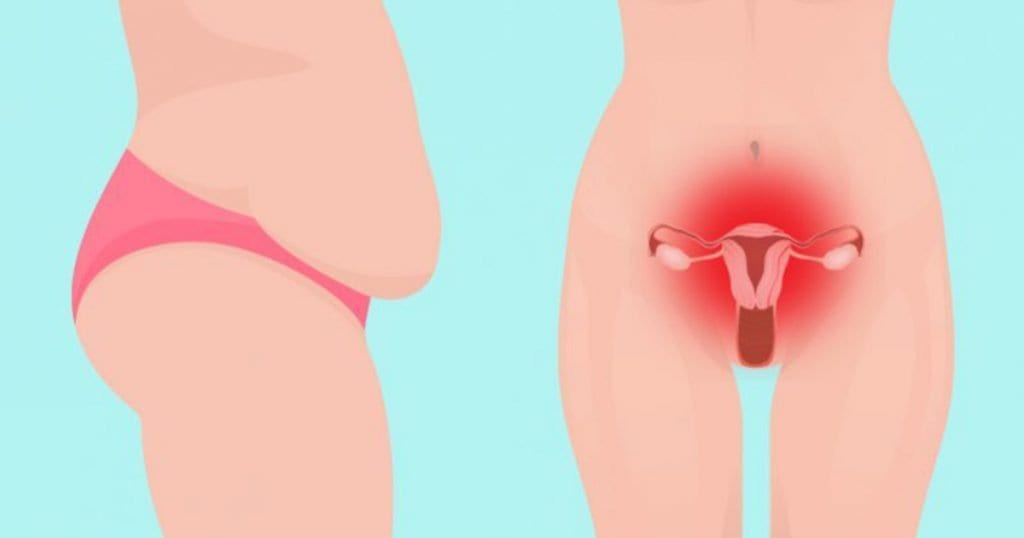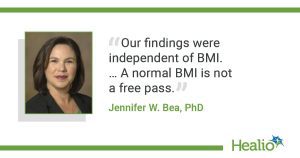 Our bodies are constantly changing. Your metabolism now isn’t what it was when you were three, nor is your body chemistry. As we age, things change whether we want them to or not. Among the many changes are than those that occur at middle age, such as the ever-dreaded menopause weight gain.
Our bodies are constantly changing. Your metabolism now isn’t what it was when you were three, nor is your body chemistry. As we age, things change whether we want them to or not. Among the many changes are than those that occur at middle age, such as the ever-dreaded menopause weight gain.
Menopause is the natural process by which women leave child-bearing age. As the physical changes of the process begin and continue, many women experience the (sometimes unpleasant) consequence of weight gain. Understanding that this is common and what causes it will help you to address any unwanted pounds to help you keep your youthful health and appearance.
Hormonal Changes During Menopause
The onset of puberty in girls results in an increase in estrogen production to stimulate ovulation. Estrogen levels will remain fairly stable but gradually start to decline as a woman reaches her late 40s and early 50s.
When this happens, body chemistry moves from child-bearing requirements to health maintenance, becoming more sensitive to hormonal changes. The body begins to store fat at a higher rate as part of that maintenance.
A woman who is overweight at the onset of menopause will produce more estrogen than a woman with a body mass index in the normal range and symptoms of menopause may be less severe. (1) Taking hormonal birth control will also delay the onset of menopause and lessen symptoms.
All the doable stuff to live better naturally, sent to your inbox daily.🍎
Enter your email below to sign up.
What occurs in the endocrine system at menopause (or any other time) isn’t as simple as a change in the level of estrogen, the female sex hormone. The body is one unit with multiple components working together; a shift in the balance of any hormone will affect the rest. Many influences (both external and internal) affect hormones, such as stress and blood sugar. Especially affected by the natural decrease in estrogen are cortisol, insulin, leptin, and thyroid hormones.
What Causes Menopause Weight Gain?
Here’s what happens to your hormones during menopause and how it contributes to weight gain.
1. Cortisol
This is a stress hormone, produced by the adrenal glands. Cortisol levels in both women and men gradually increase as we age as estrogen and testosterone decline. (2)
Increased adrenal activity promotes blood flow and heart rate and affects sex and other stress hormones. One of the symptoms of adrenal fatigue is weight gain.
Emotional stressors add pressures to the already stimulated adrenals and are a significant contributor to keeping cortisol at higher levels. (3) Left unaddressed, adrenal fatigue can lead to adrenal insufficiency, when your body “burns out” struggling to maintain hormone balance.
This content was originally published here.








